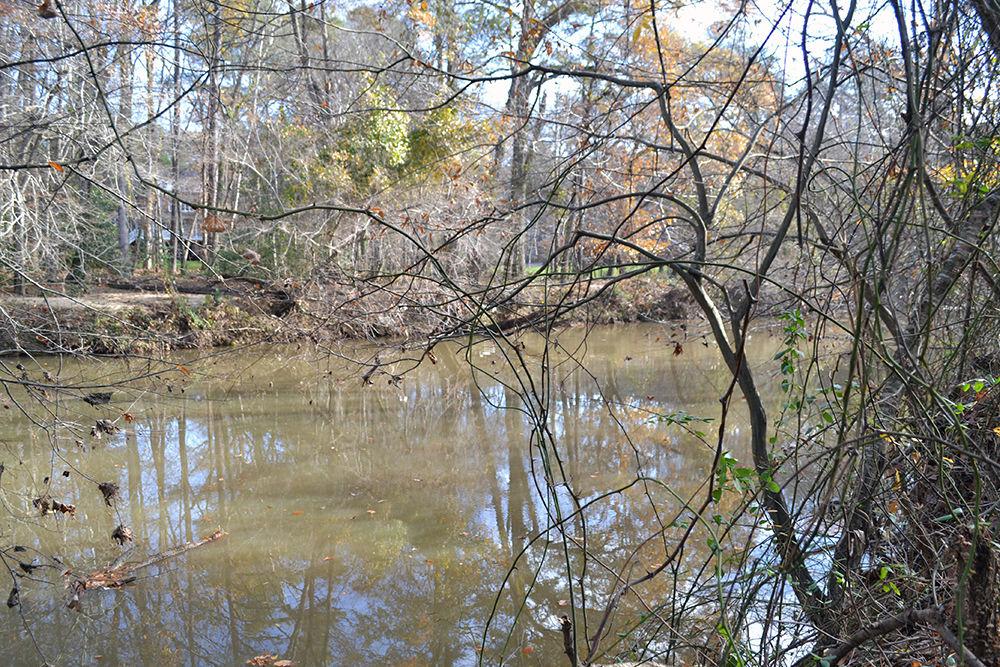On November 13th, the city of Raleigh reported 10 sewage spills to the N.C. Department of Environmental Quality (NCDEQ), which resulted in approximately 7 million gallons of untreated water spilling into bodies of water throughout the Raleigh area.
Massive sewage spills are not new to Raleigh. In 2016, Raleigh experienced the largest spill in the city’s history. More than 33 million gallons of sewage spilled because of the increased rainfall during Hurricane Matthew, according to the News & Observer.
Jason Robinson, environmental engineer at NCDEQ in the water resources division, explained the current spill in detail.
“For the most part it was due to excessive rain,” Robinson said. “We got about four inches in a 24-hour period.”
According to Robinson, sewer systems in Raleigh cannot handle overwhelming amounts of rain.
“During heavy rains like this, sometimes sewer systems will become what is called I/I, [or] infiltration inflow,” Robinson said. “The sewer system will be maxed out and will not be able to handle all the flooding that is going on through there, and they will spill from manholes. That is primarily what happened in these situations, where the system was inundated and started flowing out of the man holes.”
Robinson emphasized that massive sewage spills are not a recurring incident, but are expected when the sewage systems are overwhelmed.
“This was a fairly unique situation,” Robinson said. “There was more rain than we typically see. During heavy rains, we oversee 16 counties. It is typical throughout the different countries to have spills reported during large rain events.”
According to Rick Bolich, assistant regional supervisor at NCDEQ in the water resources division, the city of Raleigh is trying to prevent future sewage spills by replacing outdated sewage infrastructure.
“Raleigh is aggressively replacing a lot of their old collection systems, especially their collection systems of what we call sewer infrastructure, until it gets to the waste treatment plant,” Bolich said. “These things do not have an infinite lifespan, so they need to be replaced over time. They can settle and will get worn out, and are more susceptible to inflow and infiltration.”
Bolich explained that replacing these systems is time-consuming and expensive.
“We are seeing a lot of construction associated with replacing some of the older lines,” Bolich said. “That is good news. It is a just a function of aging infrastructure. It takes a lot of money to fix them.”
NC State was not affected by this sewage spill. Robinson mentioned that the largest spill took place around the Crabtree area.
“A lot of the spills occurred around the Crabtree,” Robinson said. “They are doing a massive project around the Crabtree area. It will not affect NC State.”








